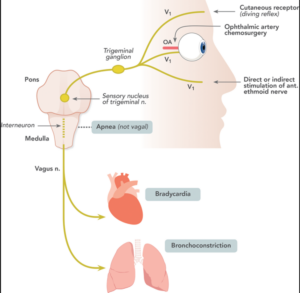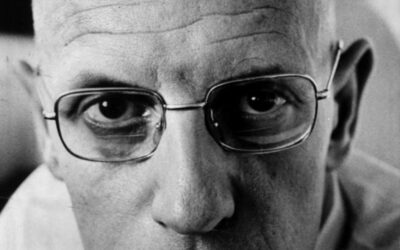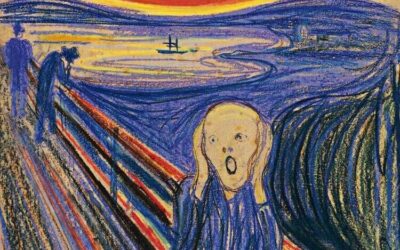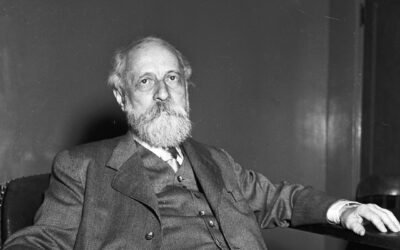Understanding the Dive Response and Its Evolutionary Significance
 The dive response, an evolutionary survival mechanism, optimizes oxygen distribution and conserves energy. It triggers physiological changes, including reduced heart rate and redirected blood flow, ensuring vital organs receive sufficient oxygen when oxygen is scarce. This mechanism aided our ancestors in adapting to cold water environments and surviving underwater challenges. Today it can be used to treat panic and PTSD.
The dive response, an evolutionary survival mechanism, optimizes oxygen distribution and conserves energy. It triggers physiological changes, including reduced heart rate and redirected blood flow, ensuring vital organs receive sufficient oxygen when oxygen is scarce. This mechanism aided our ancestors in adapting to cold water environments and surviving underwater challenges. Today it can be used to treat panic and PTSD.
Using Ice to Initiate the Dive Response
To initiate the dive response, gather a bag of frozen peas or ice wrapped in a thin cloth or towel. Find a quiet and comfortable space, and have the bag of peas or ice nearby. Place the bag on your face or pulse points, such as the neck, wrists, or temples. Feel the cold sensation, activating the dive response.
Focus on your breathing, taking slow, deep breaths. Inhale through the nose and exhale through the mouth, concentrating on the physical sensations and rhythm of your breath. Be fully present in the moment, acknowledging any thoughts or emotions that arise while redirecting your attention to the physical sensations.
Gradually increase the exposure time, adding more ice or extending the duration of application. Ensure your comfort and safety throughout the process.
Therapeutic Issues for the Dive Response:
Utilize the dive response with a simple ice technique to stabilize mood and regulate emotion during a panic attack. Initiate the dive response to experience reduced heart rate, enhanced emotional regulation, and grounding. When you are feeling anxious, having tight feelings in the chest and all the tell tale signs of a panic attack you can use this to start to slow your heart rate and clam your brain.

Here you can see me practicing what I preach
Did you enjoy this article? Checkout the podcast here: https://gettherapybirmingham.podbean.com/




0 Comments